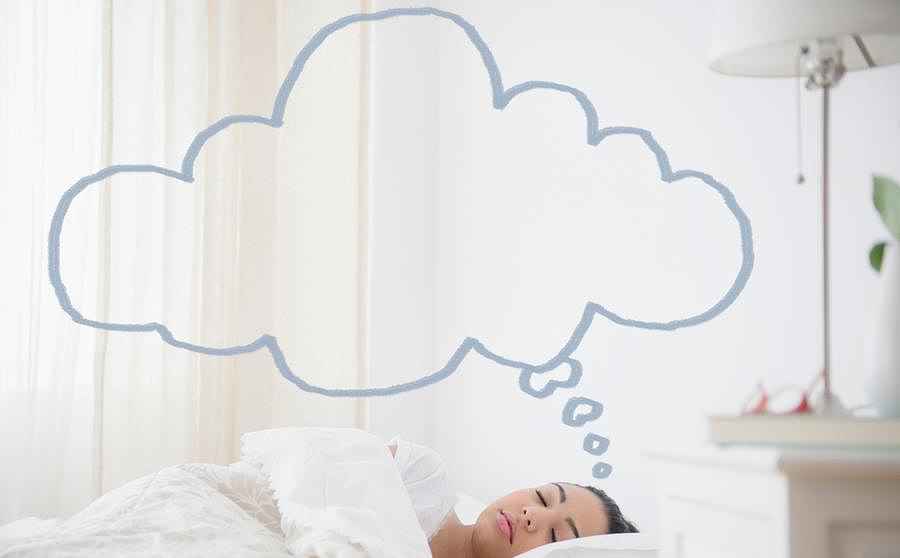






See listing of Recent and Most Popular articles on the Home Page
Health & Wellness
Category: Life Events / Topics: Advice, Guidance & Mentoring • Change • Circumstances, Life Events • COVID-19 • Disease • Lifestyle, General • Optimal Aging • Wellness
Americans Are Stuck in Unhealhty Pandemic Habits
Posted: March 11, 2022
Here's how to reboot…
Editor's Note: With COVID seeming to be moving to a lower-level but long lasting endemic and COVID fatigue buildig plenty of political pressure, most states in teh U.S. have removided or relaxed mask requirements. The CDC is not far behind. But, is moving back to sme form of normality from a two-year pandemic as simple as taking off our masks? Allison Aubrey of NPR suggests iit's a bit more complcated than that and offers some advice on "how to reboot." Following are excerpts from her article, with a link to the full version,dio and more at the bottom of the page.. Secion headers have been added.
The early days of lockdown restrictions had a profound effect on people's daily lives. Alcohol sales skyrocketed, physical activity dropped off sharply, and "comfort eating" led to weight gain, too.
So, what's happened since March of 2020? After two years of pandemic life, many of these effects persist. The strategies we used to adapt and cope have cemented into habits for many of us. And this is not a surprise to scientists who study behavior change.
Alcohol Consumption
"We know when a shock arises and forces a change in our behavior for an extended period of time, there tend to be carryover effects because we're sticky in our behaviors," says Katy Milkman of the University of Pennsylvania, and author of the book How To Change. In other words, our pandemic habits may be hard to break.
Take, for example, alcohol consumption. During the first week of stay-at-home restrictions in March 2020, Nielsen tracked a 54% increase in national sales of alcohol. This came as bars and restaurants closed. A study from Rand documented a 41% increase in heavy drinking among women in the months that followed. (Heavy drinking was defined as four or more drinks for women within a few hours.)
"Of concern is the fact that increases in drinking are linked to stress and coping," says Dr. Aaron White of the National Institute on Alcohol Abuse and Alcoholism. He points to a study that found a 50% increase in the number of people who said they drank to cope in the months right after COVID began compared to before the pandemic.
After a spike in sales in the spring of 2020, alcohol sales dipped.
But the most recent data from Nielsen show sales of beer, wine and spirits at the start of 2022 remain higher than they were in 2019. That trend is also reflected yearly: In 2019, spirit sales totaled about $16.3 billion, compared with $21 billion in 2021. Bottom line: Alcohol sales have remained higher than they were before the pandemic, even after adjusted for inflation.
Physical Activity
Changes in physical activity have followed a similar pattern. Scientists at UC San Francisco analyzed data from a wellness smartphone app, Argus, which tracks daily step counts among users in countries around the globe. One month after stay-at-home restrictions were initiated in the spring of 2020, people took about 27% fewer steps a day, on average. That's 1,432 fewer steps.
And what's happened since? "The first decrease in activity was really the most drastic," explains study author Geoff Tison, a cardiologist at UCSF who continues to track the smartphone data. In the U.S., physical activity picked up during spring and summer months (both in 2020 and 2021), when cases retreated and there was more daylight, but declined again amid fall and winter surges, including the Omicron surge this winter. Movement trends do vary widely, though. While on the average people moved less, there were some people who used their time during the pandemic to get very fit.
"I don't think it's surprising," Tison says. Physical activity levels are gradually increasing, he says, but have not rebounded to pre-pandemic levels. "Folks are creatures of habit and it's been almost two years. I think it is possible that people are just less used to being active," he says.
This trend may be even more pronounced for older Americans — a University of Michigan study found that 40% of people 65 and older reported less movement amid the pandemic.
Eating Habits
And, in the trifecta of bad pandemic habits, remember the early pandemic baking frenzy? Yes, there is evidence of weight gain, too. When researchers at UCSF analyzed data from volunteers who reported their weight during the early months of the pandemic using a Bluetooth-connected smart scale, they recorded an average 1.5 pounds of weight gain per month.
"This is an important lesson for all of us," says study author Dr. Gregory Marcus, of UCSF. It was all too easy to overeat as many of us stayed home more, and the combined effects of weight gain, stress, alcohol and less movement can take its toll on heart health.
"Chronic disease prevention has taken a major hit nationally," says Michael Honigberg, a cardiologist at Massachusetts General Hospital.
He points to a study that documents a rise in blood pressure during the first year of the pandemic. The study included about 500,000 people from all 50 states who were enrolled in an employer-sponsored wellness program operated by Quest Diagnostics.
"Blood pressure went up, on average, by over two points, over two millimeters of mercury," Honigberg says. That's a small change for an individual patient, but at a population level, this level of blood pressure rise can translate into increased risk, especially if the trend continues.
"One thing I worry a lot about is whether this might translate into higher rates of heart attack, stroke, and other such complications across the population in the years to come," Honigberg says. On top of this, he says more people missed preventive care amid the pandemic, everything from delayed cholesterol checks to cancer screenings, which has led to cancer being diagnosed at later stages.
So, if it's time for a collective reboot, to reset pandemic habits, is anyone listening? Marcus says he's optimistic. "In speaking with my patients, [some] people have started to leverage some of the flexibility that comes with remote work, for example, to build in physical activity into their normal daily routines," Though not everyone has that flexibility, "We can all change for the better," Marcus says.
Tips
Here are four tips to get started (follow the link below to see the full commentary):
Make an appointment with yourself.
Set bite-sized goals.
Make it fun.
Bet on yourself.
Search all articles by Alliison Aubrey
Posted: March 11, 2022 Accessed 532 times
![]() Go to the list of most recent Health & Wellness Articles
Go to the list of most recent Health & Wellness Articles
![]() Search Health & Wellness (You can expand the search to the entire site)
Search Health & Wellness (You can expand the search to the entire site)
![]() Go to the list of Most Recent and Most Popular Articles across the site (Home Page)
Go to the list of Most Recent and Most Popular Articles across the site (Home Page)
 Loading requested view...
Loading requested view...
